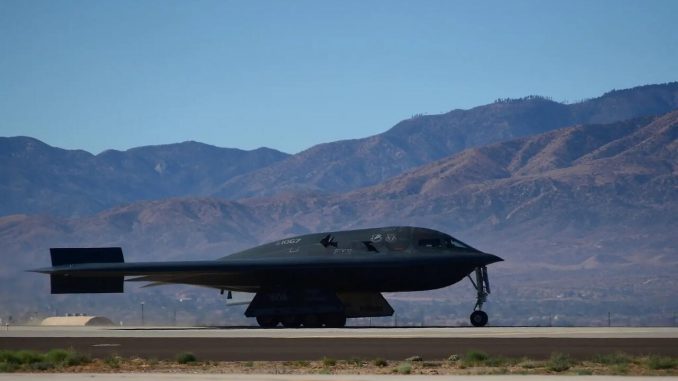
| Published April 18, 2025
In a significant decision shaping U.S. foreign policy, President Donald Trump recently declined an Israeli proposal for joint military action against Iran’s nuclear facilities. This move has sparked debate among policymakers and analysts, reflecting the complexities of Middle Eastern geopolitics and the challenges of balancing diplomatic efforts with national security concerns.
Background and Decision
According to reports, Israeli Prime Minister Benjamin Netanyahu presented a plan for a coordinated attack on Iran’s nuclear sites, seeking substantial U.S. support. The proposed operation aimed to leverage American military capabilities to ensure the success of the strikes. However, President Trump opted for a diplomatic approach, expressing hope that negotiations could resolve tensions without resorting to military action.
Divergent Views Within the Administration
The decision has highlighted divisions within the Trump administration. Vice President J.D. Vance, Defense Secretary Pete Hegseth, and envoy Steve Witkoff have advocated for restraint, cautioning against the risks of escalating into a broader conflict. They emphasize the potential dangers to U.S. personnel and interests in the region should Iran retaliate.
Now the reason for the spate of firings at key Pentagon posts, among them top Hegseth staffers, is becoming evident…
NYT further notes that “Even Mr. Waltz, frequently one of the most hawkish voices on Iran, was skeptical that Israel’s plan could succeed without substantial American assistance.”
Here’s a pros and cons breakdown of President Trump’s decision to reject an Israeli proposal for a joint military strike on Iran’s nuclear facilities, as highlighted in the ZeroHedge feature:
✅ PROS
1. Avoids Immediate Escalation in the Middle East
Trump’s decision prevents a potentially catastrophic war with Iran, which could have triggered widespread regional instability and drawn the U.S. into another prolonged conflict.
2. Upholds America First Doctrine
This move aligns with Trump’s longstanding policy of avoiding foreign entanglements and costly wars—keeping U.S. troops and resources out of another nation’s direct conflict.
3. Signals Preference for Diplomacy
By rejecting military action, the Trump team is showing that diplomacy is still on the table. This may preserve the possibility of negotiating a better, enforceable nuclear deal.
4. Protects U.S. Military Assets and Lives
A strike on Iran would almost certainly lead to retaliatory attacks on U.S. bases and personnel in the Middle East. This decision prioritizes the safety of American troops.
5. Asserts U.S. Independence from Israeli Military Plans
It reinforces that the U.S. is an ally to Israel, but not a subordinate actor. It sends the message that American interests are not automatically dictated by any foreign nation’s agenda.
❌ CONS
1. Perceived Weakness by Adversaries
Critics argue that rejecting the strike emboldens Iran and other hostile regimes by signaling a lack of resolve or willingness to enforce red lines.
2. Frustrates Key Ally—Israel
The decision could strain U.S.-Israel relations, especially with Prime Minister Netanyahu’s government, which sees Iran’s nuclear capabilities as an existential threat.
3. May Undermine Deterrence
Iran may interpret the rejection as a green light to continue or accelerate its nuclear ambitions, knowing that military consequences are unlikely.
4. Divides Conservative Foreign Policy Circles
Pro-Israel hawks and national security conservatives are frustrated, viewing Trump’s restraint as a betrayal of America’s commitment to countering Iran’s aggression.
5. Missed Opportunity to Disable Iran’s Nuclear Program
Some argue that a joint strike—done with precision and overwhelming force—could have delayed or destroyed key parts of Iran’s nuclear infrastructure before it was operational.
SOURCES: ZEROHEDGE – Trump Rejected Israeli Attack Plan On Iran & Now Hawks Are Fuming
THE NEW YORK TIMES – Trump Waved Off Israeli Strike After Divisions Emerged in His Administration





Be the first to comment